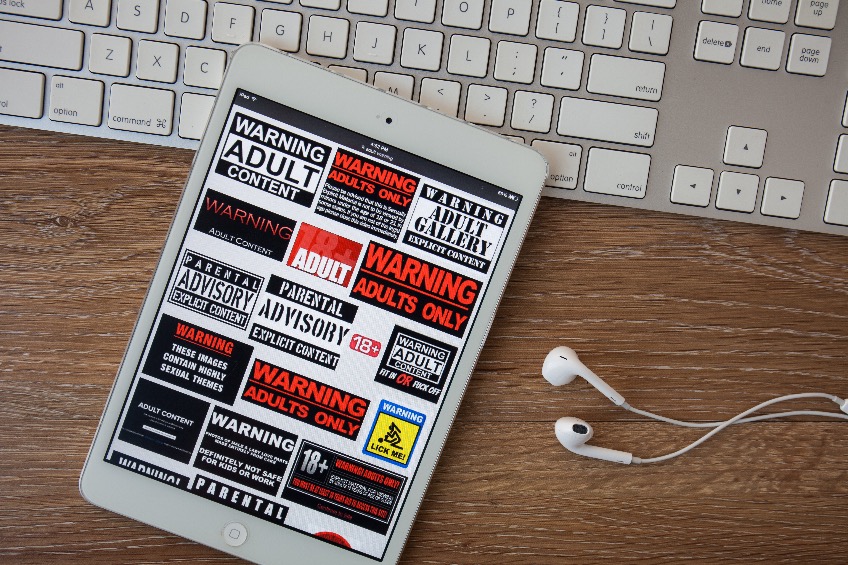Pornographic Works Are Copyrighted Works
Pornographic films, similar to films displayed in movie theaters or on streaming services like Netflix, are copyrighted works. Therefore, an individual or entity has the exclusive rights to reproduce, distribute, sell, and publicly display such films. Further, if the copyright owner for these films has the copyright registered with the U.S. Copyright Office, they may enforce their ownership rights by taking legal action. In fact, thousands of lawsuits are filed each year by pornographic studios enforcing these rights. Downloading pornographic material without payment to or authorization from the copyright owner is an infringement upon his or her copyright.
How Can Copyright Owners Discover Your Identity?
Pornographic films are often uploaded to file-sharing websites, without the copyright owner’s consent, where they can be downloaded for free. When an individual downloads this content, his activities are linked to an IP address, which is a unique string of numbers used to identify a computer or device that is connected to the internet. More broadly, any activities engaged on the internet are linked to an IP address.
Pornographic studios and copyright owners utilize certain methods to track the IP addresses that were used to illegally download their copyrighted work. Because every IP address is assigned by an internet service provider, copyright owners will issue a subpoena on these providers, demanding that they release the name of the individual assigned to the IP address that infringed on their copyright.
Can You Keep Your Identity Concealed?
When a plaintiff files a lawsuit against an unknown defendant for copyright infringement, this is called a “John Doe” lawsuit. To prevent your internet service provider from disclosing your name as the defendant, you may file an “opposition” with the court that is known as a “motion to quash.” A motion to quash requests that a court not enforce a court order, like a subpoena, or declare it invalid. For example, a motion to quash can claim that the subpoena is invalid because the federal court that authorized the subpoena does not have personal jurisdiction over the defendant. This may occur if the defendant does not live in the state in which he was sued. Alternatively, a motion to quash may also argue that a subpoena is invalid because the plaintiff’s complaint fails to provide sufficient evidence for a legitimate copyright infringement claim.
What Are the Consequences of Illegally Downloading Pornography?
- If the identity of the individual who illegally downloaded the copyrighted work is disclosed, he or she will be named in the lawsuit filed by the copyright owner.
- An infringing party may have to pay the copyright owner actual monetary damages and lost profits that resulted from the infringement.
- An infringing party may have to pay statutory damages (determined by the legal statute) ranging from $200 to $150,000 per work infringed.
- A copyright owner will often give the infringing party an opportunity to settle out of court at a cost of thousands of dollars.


